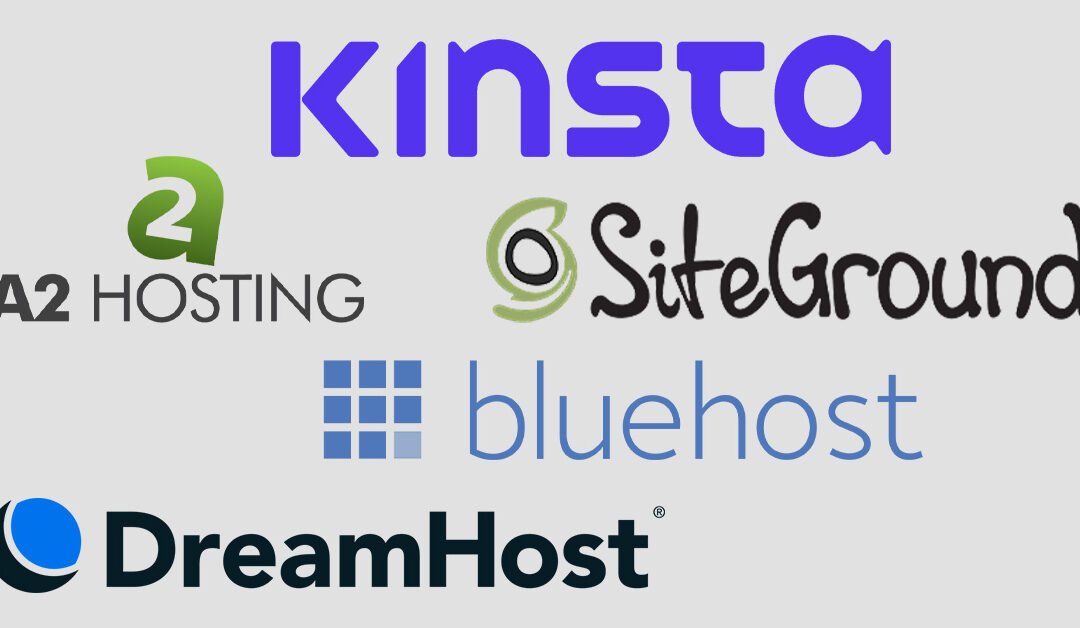When it comes to launching a website, selecting a reliable web hosting company is a crucial decision. Your hosting provider plays a vital role in the performance, security, and overall success of your online presence. However, with numerous options available, making the right choice can be overwhelming. In this blog post, we’ll guide you through the process of picking a good hosting company and provide you with some top recommendations to simplify your search.
- Identify Your Needs: Before diving into the sea of hosting providers, it’s essential to assess your website’s requirements. Consider factors such as website type (e.g., blog, e-commerce), expected traffic volume, desired uptime, storage capacity, and technical support needs. Understanding your needs will help you find a hosting solution tailored to your specific requirements.
- Reliability and Uptime Guarantee: Reliability is a crucial aspect of web hosting. Look for hosting providers that offer a solid uptime guarantee, ideally 99.9% or higher. A reliable host ensures that your website remains accessible to visitors without frequent downtimes, which can negatively impact user experience and your site’s search engine rankings.
Recommendation: SiteGround (www.siteground.com) is renowned for its exceptional uptime and reliability, offering a 99.99% uptime guarantee.
- Speed and Performance: Website speed is a critical factor influencing user experience and search engine rankings. A hosting company with robust infrastructure and optimized servers can significantly enhance your site’s loading times. Look for providers that offer solid-state drives (SSDs), content delivery networks (CDNs), and server-level caching for improved performance.
Recommendation: A2 Hosting (www.a2hosting.com) is known for its turbocharged servers and SwiftServer platform, resulting in blazing-fast website speeds.
- Scalability and Resources: Consider your website’s growth potential and check if the hosting provider offers scalable plans. As your site expands, you may need additional resources such as storage, bandwidth, and processing power. Ensure that your chosen hosting company can accommodate your future needs without hassle.
Recommendation: Bluehost (www.bluehost.com) offers flexible hosting plans with room for scalability, allowing your website to grow alongside your business.
- Security Features: Protecting your website and user data is paramount. Look for hosting providers that prioritize security by offering features like SSL certificates, firewalls, regular backups, and malware scanning. A robust security infrastructure ensures a safe online environment for both you and your visitors.
Recommendation: DreamHost (www.dreamhost.com) provides advanced security features, including free SSL certificates and automated daily backups, ensuring the safety of your website.
- Customer Support: Having reliable customer support is invaluable, especially if you encounter technical issues or have questions along the way. Look for hosting companies that offer 24/7 customer support through various channels such as live chat, phone, and email. Prompt and knowledgeable assistance can save you time and frustration.
Recommendation: Kinsta (www.kinsta.com) is renowned for its responsive customer support, available round the clock to address your concerns.
Selecting a reputable hosting company is a critical step in building a successful website. By considering factors like reliability, speed, scalability, security, and customer support, you can make an informed decision. While the recommendations mentioned above (SiteGround, A2 Hosting, Bluehost, DreamHost, and HostGator) are highly regarded providers, ensure to conduct thorough research and read user reviews before finalizing your choice. Remember, finding the right hosting company sets the foundation for a smooth and rewarding online journey.
